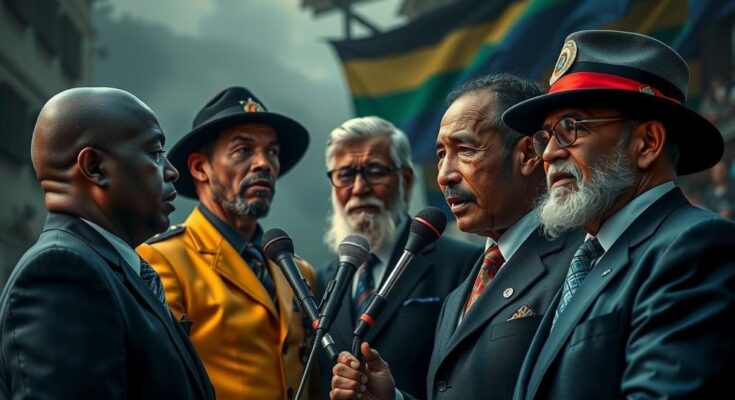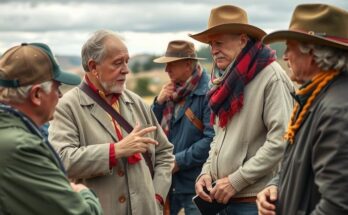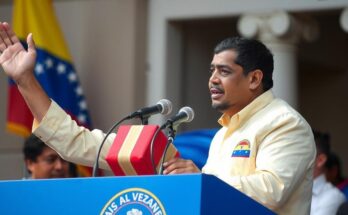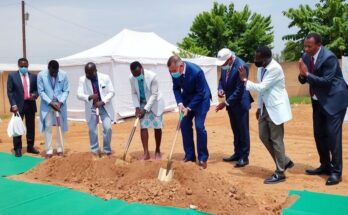In the Democratic Republic of Congo, President Tshisekedi is pushing for constitutional reforms that may allow him to extend his rule beyond term limits, amidst opposition calls for protests. Similarly, in Nicaragua, President Ortega seeks to enhance presidential powers and media control, raising concerns about further authoritarianism. Both cases highlight a pivotal moment for democracy in these nations.
Political leaders in the Democratic Republic of Congo and Nicaragua are advancing constitutional reforms that critics warn could undermine democracy. In Congo, President Félix Tshisekedi has initiated a national commission to reform the current constitution, which he deems outdated, but opposition fears this may enable his prolonged rule by removing the two-term limit. In Nicaragua, President Daniel Ortega is proposing changes to elevate presidential powers, tighten state control over media, and solidify family influence through the vice presidency. Both nations face critical moments as these reforms may exacerbate political instability and authoritarianism, prompting muted international responses.
The developments in the Democratic Republic of Congo and Nicaragua reflect broader concerns regarding democratic erosion in developing countries. In the Congo, Tshisekedi’s proposals are framed as necessary modernization of governance amidst political tensions and slow transitions after elections. Conversely, Ortega’s reforms in Nicaragua, framed as efforts to curb foreign influence, resonate with longstanding patterns of suppressing dissent. Both situations highlight the fragile state of democratic structures in these nations and raise essential questions about leadership and constitutional integrity.
The attempts by political leaders in both the Democratic Republic of Congo and Nicaragua to modify their constitutions reveal significant risks to democratic governance. These proposed changes, whether in the guise of modernization or stability, may instead facilitate the continuation of authoritarian rule and diminish political plurality. The situation in both countries necessitates careful international observation and advocacy for the preservation of democratic norms.
Original Source: www.firstpost.com




